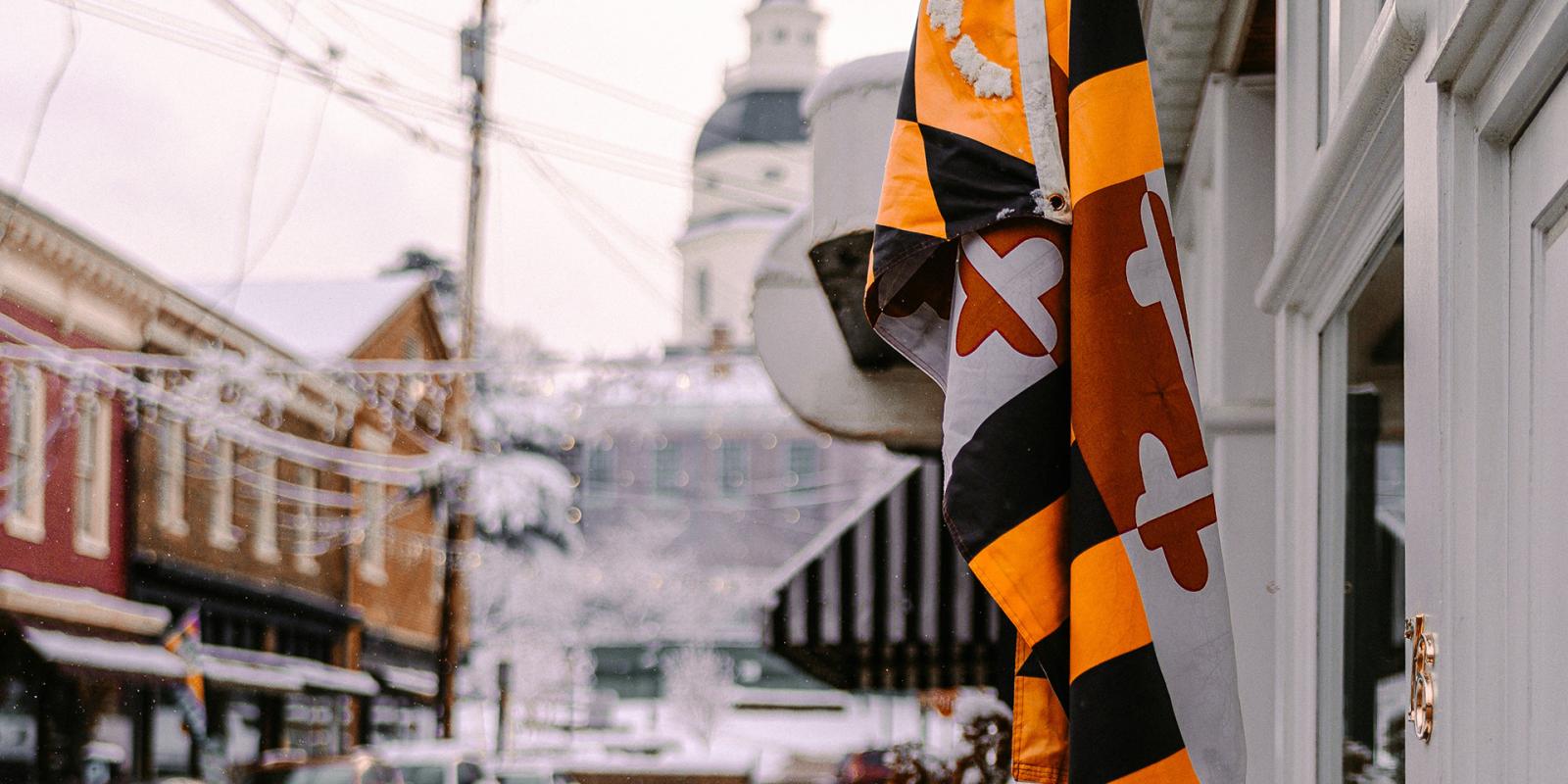In the U.S., we’re used to seeing recycled British names. It often feels a little anticlimactic to learn that a British colonist simply lifted the name of their hometown—Kensington, Cambridge, Salisbury, Westminster, Essex, Arlington, the list goes on—and slapped it onto whatever colony, town, or road they wanted to claim. However, the state of Maryland may be able to claim a rare distinction: lending its name to a location in Great Britain, not vice versa.
